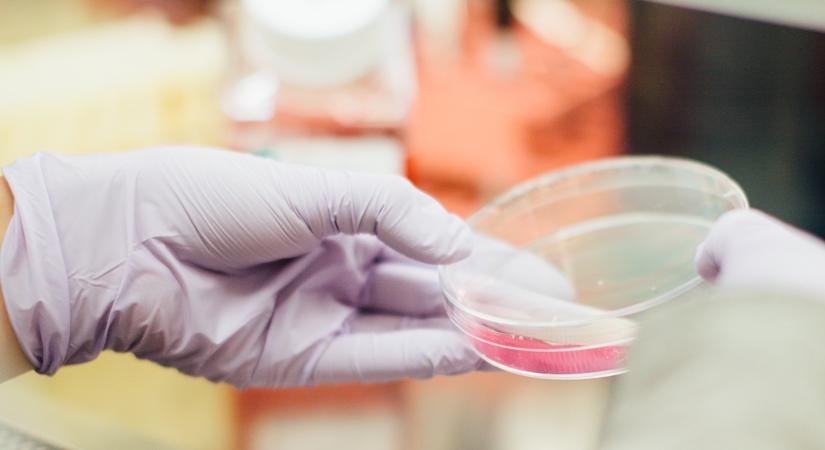Debunking Myths About Egg Freezing: Separating Fact from Fiction

There are many myths surrounding egg freezing, and one of them is that it speeds up menopause. This is a common misconception that can cause unnecessary worry and concern for women who are considering the procedure. In this blog, we will explore the truth behind this myth and debunk some of the other common misconceptions about egg freezing.
Myth 1: Egg freezing speeds up menopause.
This is not true. Egg freezing does not affect the timing of menopause. Menopause is a natural biological process that occurs when a woman’s ovaries stop producing eggs. Egg freezing simply involves harvesting and freezing a woman’s eggs so they can be used in the future if she wants to have a child.
Myth 2: Egg freezing is only for women who are infertile.
This is also not true. Egg freezing is an option for any woman who wants to preserve her fertility. Women who are not currently trying to conceive but may want to in the future, or who are undergoing medical treatments that may affect their fertility, may consider egg freezing.
Myth 3: Egg freezing is expensive.
While egg freezing can be costly, it is becoming more accessible and affordable. Many insurance companies are now covering some or all of the costs associated with egg freezing, and some clinics offer financing options to help make it more affordable.
Myth 4: Egg freezing is painful.
The egg freezing process typically involves taking fertility drugs to stimulate the ovaries to produce multiple eggs, followed by a minor surgical procedure to retrieve the eggs. While some discomfort and mild cramping may occur, the procedure is generally well-tolerated and most women are able to resume normal activities within a few days.
Myth 5: Egg freezing guarantees a successful pregnancy.
While egg freezing can improve a woman’s chances of having a child in the future, it does not guarantee a successful pregnancy. The success of a pregnancy after using frozen eggs depends on many factors, including the woman’s age at the time the eggs were frozen, the number of eggs frozen, and the quality of the eggs.
Myth 6: Egg freezing is only for women in their 30s or older.
While the chances of success with frozen eggs decrease as a woman gets older, egg freezing can be beneficial for women of any age who want to preserve their fertility. Women in their 20s and early 30s may have a better chance of success with frozen eggs, as their eggs are typically of higher quality than those of women in their late 30s or older.
In conclusion, egg freezing is a safe and effective way for women to preserve their fertility and have the option to have children in the future. While there are some misconceptions surrounding the procedure, it is important for women to educate themselves and talk to their healthcare provider to determine if egg freezing is a good option for them.








